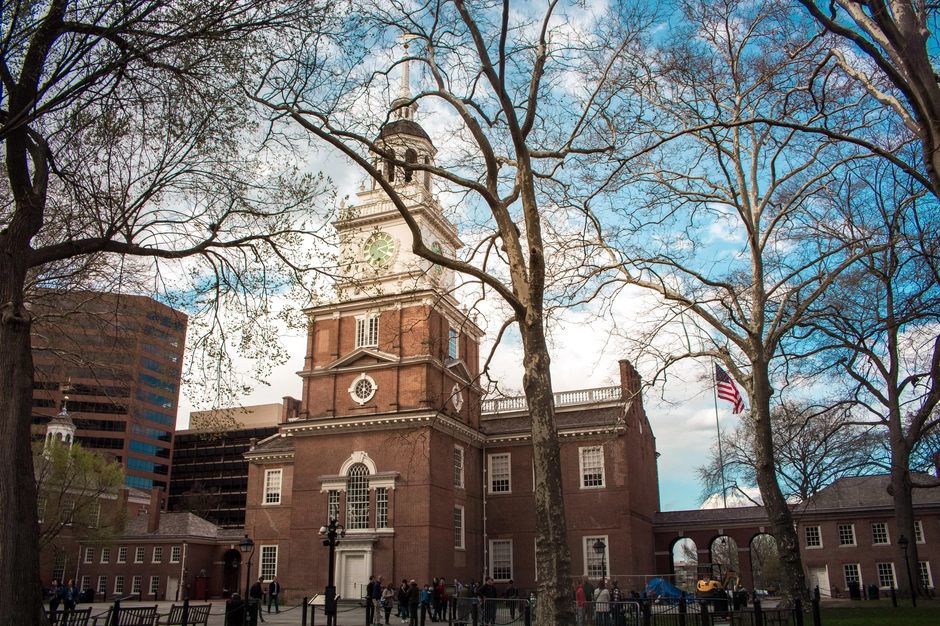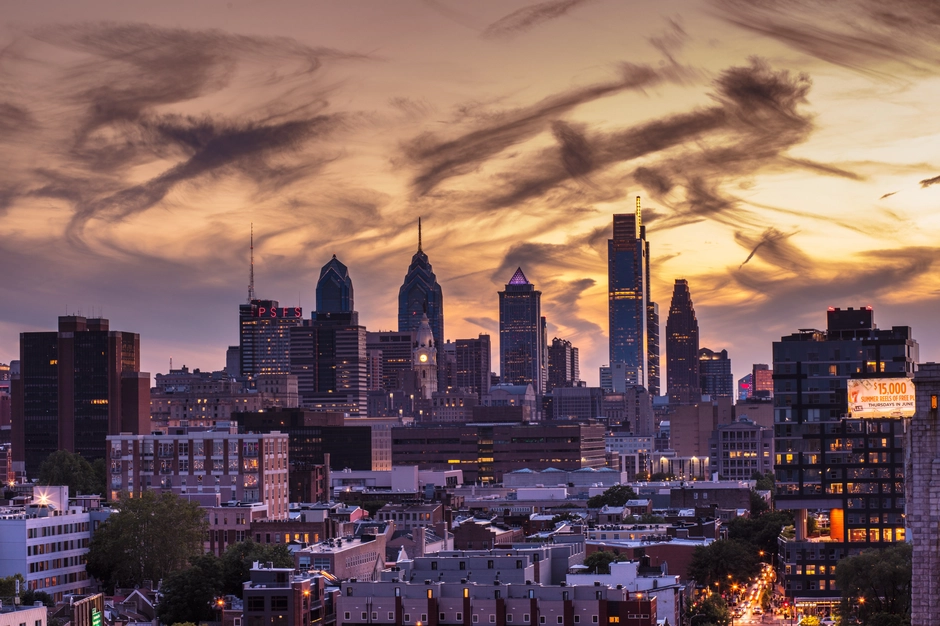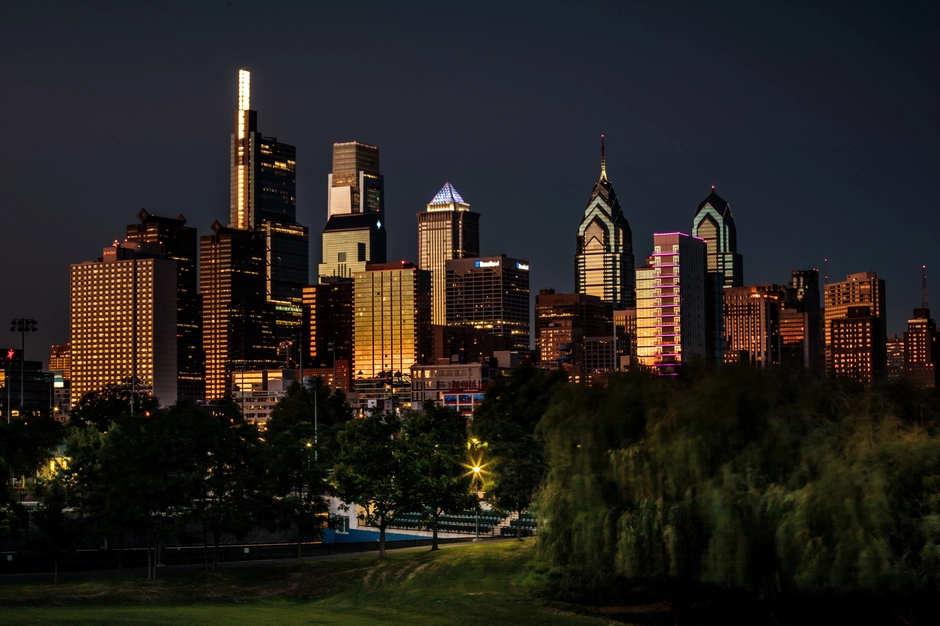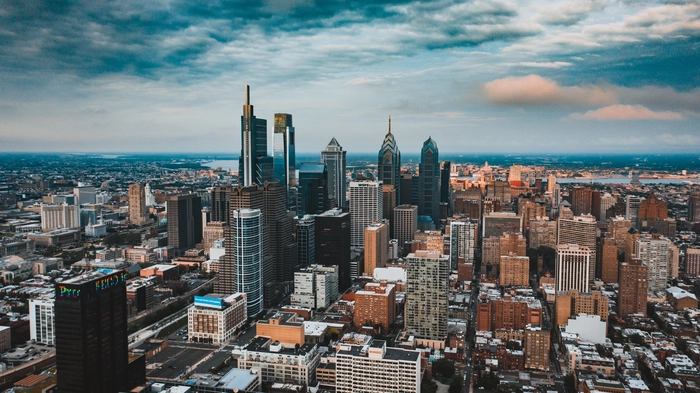Origins of the town
Founded in 1682 by William Penn, a Quaker and progressive thinker, Philadelphia was conceived as a place of religious tolerance and democracy. The name itself means "city of brotherly love" in Greek. The city was the site of the Declaration of Independence in 1776 and the drafting of the Constitution in 1787, establishing its crucial role in American history.

Special features of Philadelphia
Philadelphia's uniqueness lies in its rich historical heritage. The city's Old Quarter, where cobblestone streets tell centuries-old stories, contrasts with the modern skyscrapers of Center City. Independence Hall, the Liberty Bell and the city's many museums recall the evolution of the founding ideals.

Evolving climate
Philadelphia's climate varies with the seasons. Hot, humid summers are balanced by cold winters. Spring offers an explosion of color with cherry blossoms, and autumn creates a striking tableau across the city's parks. This seasonal diversity shapes the experience of residents and visitors alike.

Vibrant population
Philadelphia's population is a dynamic mosaic of cultures, reflecting the diversity that characterizes the United States. From iconic neighborhoods like South Philadelphia, known for its Italian cuisine, to the artistic communities of Fishtown, the city vibrates with the energy of its residents. Philadelphians, passionate about their heritage, are proud of their role in nation-building.

Conclusion
Philadelphia, with its origins deeply linked to the birth of the United States, its cultural uniqueness, its changing climate and vibrant population, remains a must-see destination for those wishing to explore American history. It's a city where every street corner tells part of the founding story, where brotherly love resonates across neighborhoods and generations. As guardian of independence and witness to progress, Philadelphia continues to captivate and inspire.


